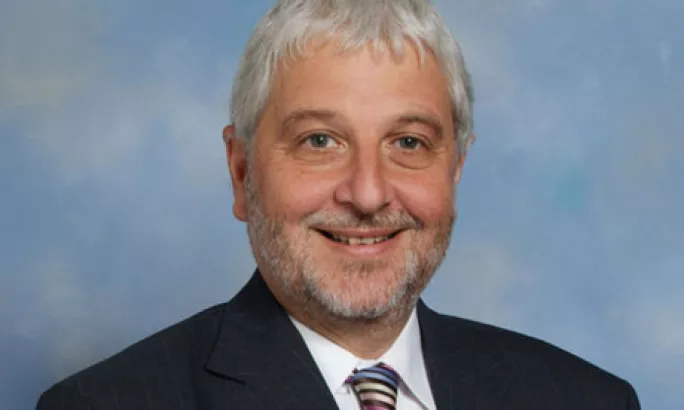Two-thirds of school leaders considering quitting over excessive workload, TES survey reveals
Two-thirds of school leaders are considering leaving the profession, with rising workload cited as the primary reason for plummeting morale among senior staff.
A survey of secondary heads, deputies and assistant principals carried out by TES and the Association of School and College Leaders (ASCL) raises the prospect of a school leadership recruitment crisis, with 69 per cent out of respondents saying that they were considering leaving the profession before the normal retirement age.
Thirty per cent cent insisted they were actively planning to quit now, and 91 per cent said they did not feel that the government was supportive of the teaching profession.
Just a quarter of deputy and assistant principals said they were considering applying for a headship. Two-thirds said they were less likely to apply than a year ago, with the majority citing workload (72 per cent) and lack of job security (41 per cent) as the main factors.
The survey of almost 900 school leaders, published on the first day of ASCL’s annual conference, also revealed that just 3 per cent of heads thought the introduction of a controversial new performance-pay system for teachers would result in more of their employees continuing up the pay scale.
Over half (51 per cent) claimed that fewer teachers in their school would see their salaries increase, with the remainder saying they were not sure or that the reforms would make little difference.
ASCL general secretary Brian Lightman said the mounting pressures on his members were primarily caused by the “climate of fear” created by Ofsted, as well as sweeping qualifications and curriculum reforms. As a result, 56 per cent of those surveyed said they were less happy in the job than 12 months ago, with 82 per cent claiming that their workload had increased in the same period.
“Headteachers have always put in long hours, staying late and working on weekends,” he said. “This isn’t new. What has changed is the piecemeal and frenetic pace of policy changes and the climate of fear associated with Ofsted inspection.
“School leaders aren’t afraid of hard work, but when they are running to stand still in a climate of uncertainty, they are wondering whether their efforts are worth it.
“Schools are in the middle of trying to implement changes to the curriculum, GCSEs, A levels, and performance management, to name a few. If our schools are going to compete with the best in the world, we need the best people stepping up to lead them. For this to happen, they need evidence that they have the trust and respect of their political masters.”
Education secretary Michael Gove, who will address ASCL’s conference in Birmingham this afternoon, has claimed that the new system of performance-related pay, which will be implemented in September, will make teaching “a more attractive career and a more rewarding job”.
But the TES / ASCL survey has revealed for the first time that, while 42 per cent of secondary school leaders say the pay changes will have a positive impact, few expect the reforms will result in teachers’ receiving better pay than they would have under the previous system.
Mr Lightman told TES that financial pressures had created an “unfair” scenario in which pay rises would be decided by affordability rather than an individual’s performance.
“The majority of our members don’t have a problem with performance-related pay,” he said. “But if we are going to be able to pay better teachers more, we have to put more money in the budget. The reality of the current situation is that if you want to pay somebody more, you have to pay somebody else less. That is unfair.”
Almost two-thirds (65 per cent) of school leaders said they did not have confidence in Ofsted to make “accurate, reliable judgments about the quality of schools and colleges”. However, when asked about their own most recent inspection, 57 per cent rated the inspection team as good or outstanding.
A Department for Education spokesman said its pay reforms allowed heads to “pay great teachers more”. “It is pleasing that so many heads are so supportive of this policy,” he added. “Teaching has never been more attractive, with more top graduates entering the profession than ever before and vacancy rates at their lowest for eight years.
“We know that the vast majority of our headteachers and teachers are hard-working and dedicated professionals. It is important that teachers work closely with school leaders to ensure that their workload is manageable. We trust the professionalism of our headteachers to monitor their staff’s workload and address any issues.”
Keep reading for just £1 per month
You've reached your limit of free articles this month. Subscribe for £1 per month for three months and get:
- Unlimited access to all Tes magazine content
- Exclusive subscriber-only stories
- Award-winning email newsletters




